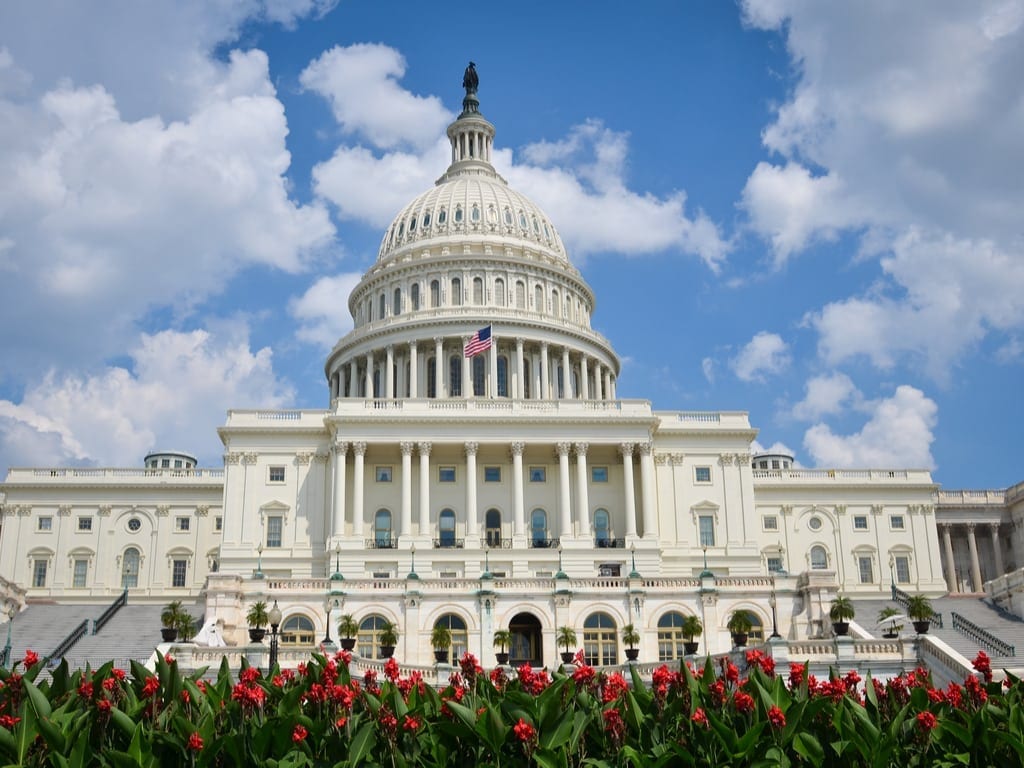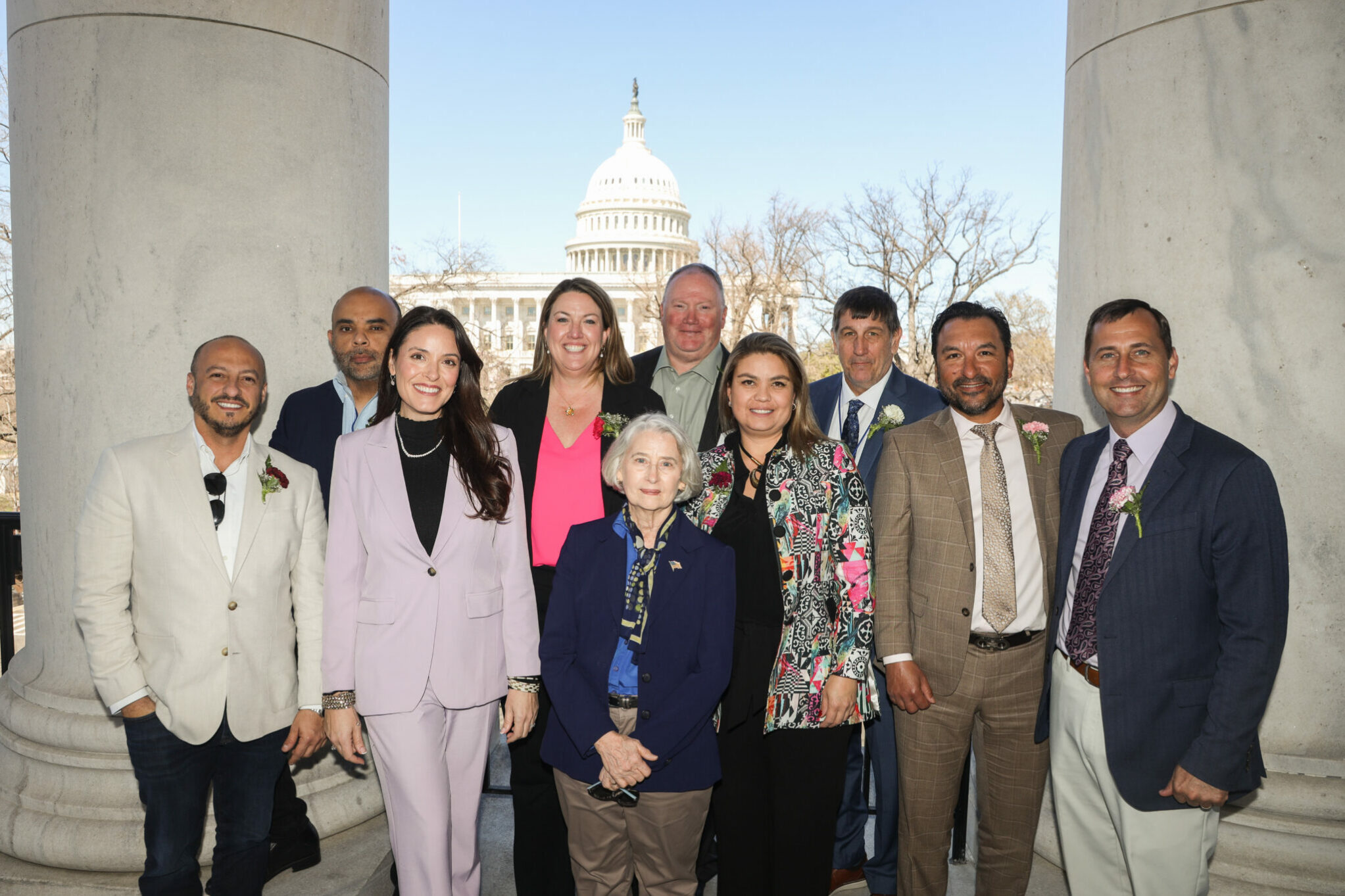
Predicting legislative actions at the beginning of a new Congress is always a highly speculative effort but this year it’s even more difficult because of the shutdown.
The 116th Congress began with Democrats in control of the House of Representatives for the first time since 2010 and Republicans holding the majority in the Senate. Even though the split control of Congress will create difficult conditions for legislating, it’s even more complicated than a simple difference in political parties — the Democratic House majority is by no means monolithic which is reminiscent of previous House Republican majorities.
Over the last several years, the House Freedom Caucus, also known as “Tea Party Republicans,” tormented the Republican leadership in the House and even played a large part in driving out Republican Speaker of the House John Boehner (R-OH).
That group of lawmakers often insisted on conservative policies and often opposed legislation that did not meet their requirements. The result was either the group joining Democrats in voting against and defeating legislation that was supported by the rest of the Republicans or forcing the leadership to bring to a vote measures that were too conservative which were defeated because they were opposed by moderate Republicans and the Democratic Caucus.
The House Democratic majority consists not only of long-time officeholders like House Speaker Nancy Pelosi (D-CA) and House Majority Leader Steny Hoyer (D-MD), but also newly-elected firebrands Alexandria Ocasio-Cortez (D-NY) and Rashida Tlaib (D-MI). They are but two of the Democratic Caucus that ranges from socialists to moderate “Blue Dog” Democrats.
Like the previous Republican majorities before them, the Democratic majority is relatively slim – 235 to 199 (one seat has not yet been certified). That means that Speaker Pelosi will walk a legislative tightrope. The energized progressives of her caucus will insist on liberal policies and will most likely oppose measures that do not meet their criteria, much like the Freedom Caucus of the Republican Conference.
This may lead to the same type of situation for Speaker Pelosi that was faced by former Speakers Boehner and Ryan – bring up legislation which is acceptable to most of her party and have it defeated by the group of progressives voting with Republicans against it or vote on extremely liberal measures opposed by moderate Democrats and the Republicans.
Even if the House passes legislation, the Republican-controlled Senate may not even consider it. In addition, the Senate has its own unique dynamics. While the Senate Republicans are not as fractured as their House counterparts, it takes 60 votes to pass contested legislation in that chamber and there are only 53 Senate Republicans.
If that wasn’t complicated enough, President Trump represents an entirely new dimension in the legislative calculus. Presidents have always been part of the legislative process but this administration is something unique.
During previous Congresses and administrations, there was a large degree of coordination in legislation and communications between the president and the congressional members of his party. Not only has there been less coordination between the Trump Administration and congressional Republicans, many Republicans have opposed the president on many issues and have been openly critical of him.
Congressional Democrats have been unsympathetic toward President Trump and many expressed their desire to impeach him.
None of that makes for easy legislating but making the atmosphere in Washington even more adversarial is that the 116th Congress was sworn-in in the midst of a partial government shutdown with Senate Democrats opposing any other lawmaking until legislation is considered to reopen the federal government.
But there still are some issues that may be considered in Congress in this disarray.
Immigration
The impasse over funding for the construction of a wall (or barrier) on the southern border has further enflamed what has been the most divisive issue in Washington for over a decade.
House Democrats will most likely push legislation to legalize immigrants brought to the U.S. illegally when they were children, knows as “Dreamers.” They may also attempt to move legislation to provide undocumented workers in the U.S. with citizenship.
Those priorities are in direct opposition to the Trump Administration’s border enforcement policies, which resulted in the separation of children from their parents after they entered the U.S. illegally.
Senate Republicans, meanwhile, may continue to press for funding of a wall on the border and increased immigrant detention capacity.
In short, what may be approved by the House may be rejected by the Senate and vice-versa. It is difficult to imagine any immigration legislation that would be approved by both chambers of Congress and signed by President Trump.
SAF will remain vigilant against the imposition of E-Verify without the creation of an effective and efficient guest worker program.
Taxes
When tax reform was passed, it was opposed by every Democrat in Congress. Since then, Democrats have vowed to revisit the issue.
On the first day of the 116th Congress, Democrats scrapped a rule of the House which required a three-fifths majority vote to hike taxes.
Rep. Ocasio-Cortez (D-NY) has suggested increasing the top tax rate to 70 percent. While she is just a freshman and not a member of the tax-writing Ways & Means Committee, House Budget Chairman Rep. John Yarmuth (D-KY), said he intends to write the 10-year federal budget to accommodate an increase of the corporate tax rate to as high as 28 percent.
Like immigration, even if the House passes tax increases, it is highly unlikely that the Senate would even consider the measure.
The wild card in taxes is how, or if, Congress will respond to the Supreme Court’s Wayfair decision which allows states to tax sales made online.
Health Care
Since its enactment, the Affordable Care Act (ACA) has been highly controversial. Republicans across the country campaigned on repealing the measure and several votes were taken year after year in the Republican-controlled chambers of Congress to do just that while Barack Obama was in the White House.
After President Trump assumed office and Republicans controlled the House and Senate, Congress once again made an effort to repeal the ACA. And didn’t.
After Congress failed to repeal the ACA, the health care system continued to adjust to the law and Washington resigned itself that it would remain and began to examine small changes to the law.
Then, in December of 2018, a federal court ruled that the ACA was unconstitutional which immediately reignited the debate on the measure.
We expect the House to consider measures to shore-up or expand that law in the wake of the decision.
House Budget Committee Chairman Yarmuth (D-KY) has asked the Congressional Budget Office to analyze the effects of shifting all healthcare costs onto the federal government, a first step toward the “Medicare for all” legislation. Rep. Pramila Jayapal (D-WA) has said that Speaker Nancy Pelosi (D-CA) had offered her support to hold hearings in the Rules and the Budget committees this year.
House Ways and Means Chairman Richard Neal (D-MA) has said he’s open to hearings on additional coverage through Medicare for all as well.
Any Medicare for all measures will surely be opposed by House Republicans and would not be considered by the Senate.
Labor
House Democrats may seek to increase the federal minimum wage. Although many states have increased their own minimum wages, several have not and the issue is still among those important to Democrats.
This is a “soft” labor issue and it cannot be assumed that an increase would be automatically opposed by congressional Republicans or even President Trump. However, details of such a proposal would have to be known before the potential of enactment could be determined.
House Democrats may also pursue items that were included in the so-called “Employee Free Choice Act” (EFCA), also referred to as “Card Check” that failed to pass a Democrat-controlled Congress in the past. Legislation may be considered to create ambush workplace elections, redefining “employer” for organizing purposes, and other issues supported by labor unions.
With the exception of a possible minimum wage hike, the Senate is unlikely to consider any such legislation.
Transportation
The enactment of a transportation infrastructure plan is one issue Democrats, Republicans, and President Trump have all supported. However, there are differences of opinion on the details and how to fund a plan.
In February of 2018, President Trump released his transportation infrastructure plan. The plan had four main goals: generating $1.5 trillion for an infrastructure proposal, streamlining the permitting process down to two years, investing in rural infrastructure projects and advancing workforce training.
The president’s plan was based in large part on state and local governments, in addition to private investment, providing most of the funding with the federal government providing block grants to states, seed money, incentives, and other measures to spur investments.
Democrats were critical of the approach and had offered a plan for $1 trillion of more direct federal funding for infrastructure projects.
House Transportation and Infrastructure Chairman Peter DeFazio (D-OR) is expected to reintroduce bills to raise revenue for highways and transit, harbors and airports which would include an increase to the gas tax.
Chairman DeFazio noted that improvements in fuel efficiency are in part responsible for the transportation trust fund’s insolvency since less gas purchased means less revenue for the fund. He said he would propose a vehicle-miles-traveled system pilot program which would allow people to opt in to assess the viability of that revenue source vs. traditional gas taxes.
Shawn McBurney is the Senior Director, Government Relations with the Society of American Florists






